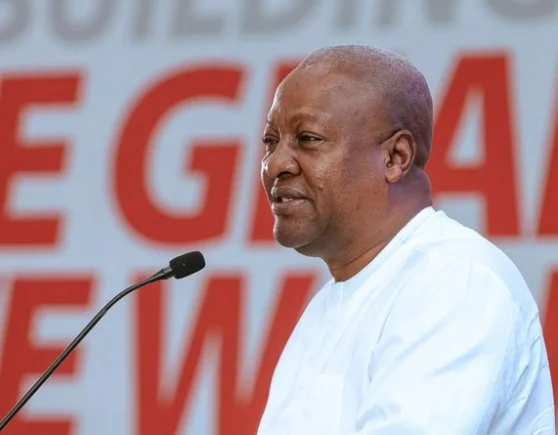
Fitch Solutions has made a bold prediction, for the third time, that the opposition National Democratic Congress (NDC) will emerge victorious in the upcoming December 2024 general elections.
In its latest Country Report on Ghana, dated September 19, 2024, Fitch noted that the Akufo-Addo/Bawumia led government will go out of its way to increase spending in a bid to improve its chances of retaining power.
“We expect the government to boost expenditure leading up to the December 2024 general election to enhance its chances of securing victory. We remain of the view that the opposition National Democratic Congress will win the election”, it disclosed in its latest Country Report on Ghana dated September 19, 2024.
“Indeed, in Q2 [quarter 2, 2024], the government raised public sector wages by 31.0% year-on-year in nominal terms and tripled subsidies on petrol products, a move that aligns with Ghana’s historical trend of higher spending during election cycles. This will boost household purchasing power and support consumer spending over second-half of 2024.”
“All told, we forecast that private consumption will grow by 8.5% in 2024 and add 7.2pp to headline economic growth”, it added.
The forecast also projected an 8.5% growth in private consumption for 2024, which would add 7.2 percentage points to the country’s overall economic growth.
However, the report cautioned that risks to Ghana’s economic growth outlook remain skewed to the downside. It referenced nationwide protests organized by the NDC in September 2024, which raised concerns about potential irregularities in the voter roll ahead of the elections.
“In September 2024, the opposition National Democratic Congress staged nationwide protests alleging irregularities in the voter roll ahead of the December election. While our core view remains that the vote will be conducted peacefully, consistent with Ghana’s recent democratic history, prolonged protests or the outbreak of large-scale violence would disrupt commercial activities and reduce consumer and business confidence, ultimately leading to lower economic growth than we currently forecast”.
Source: Ekow Annan



